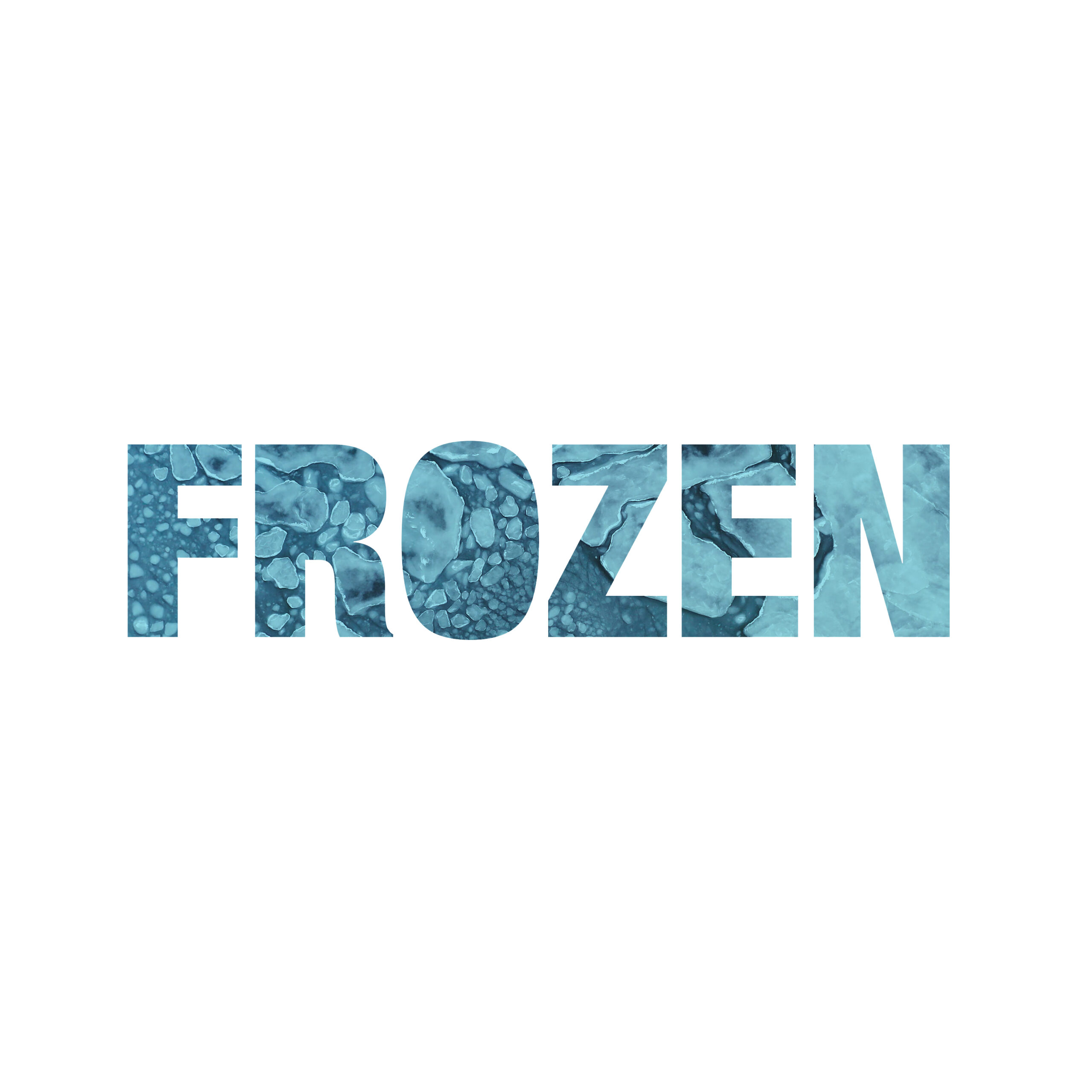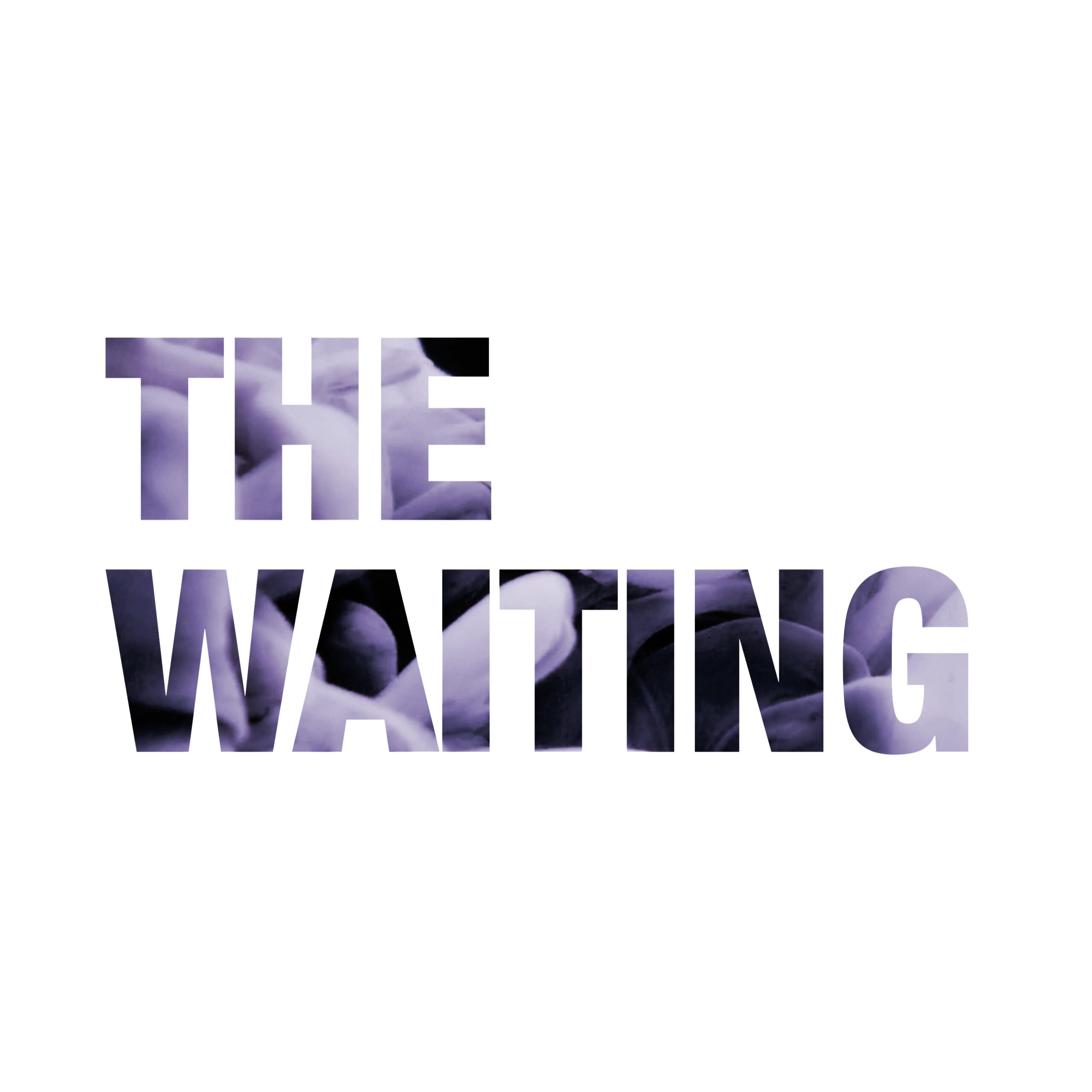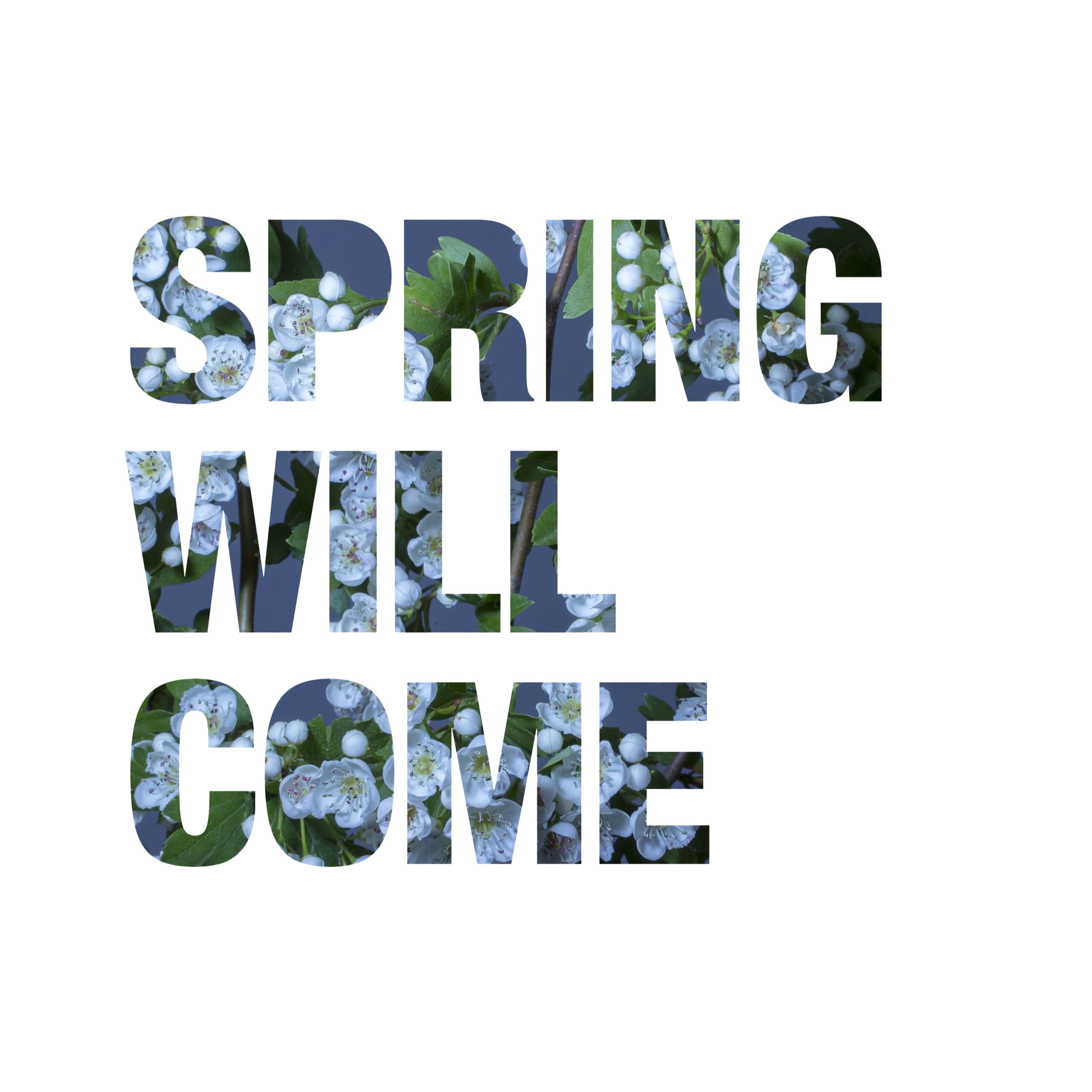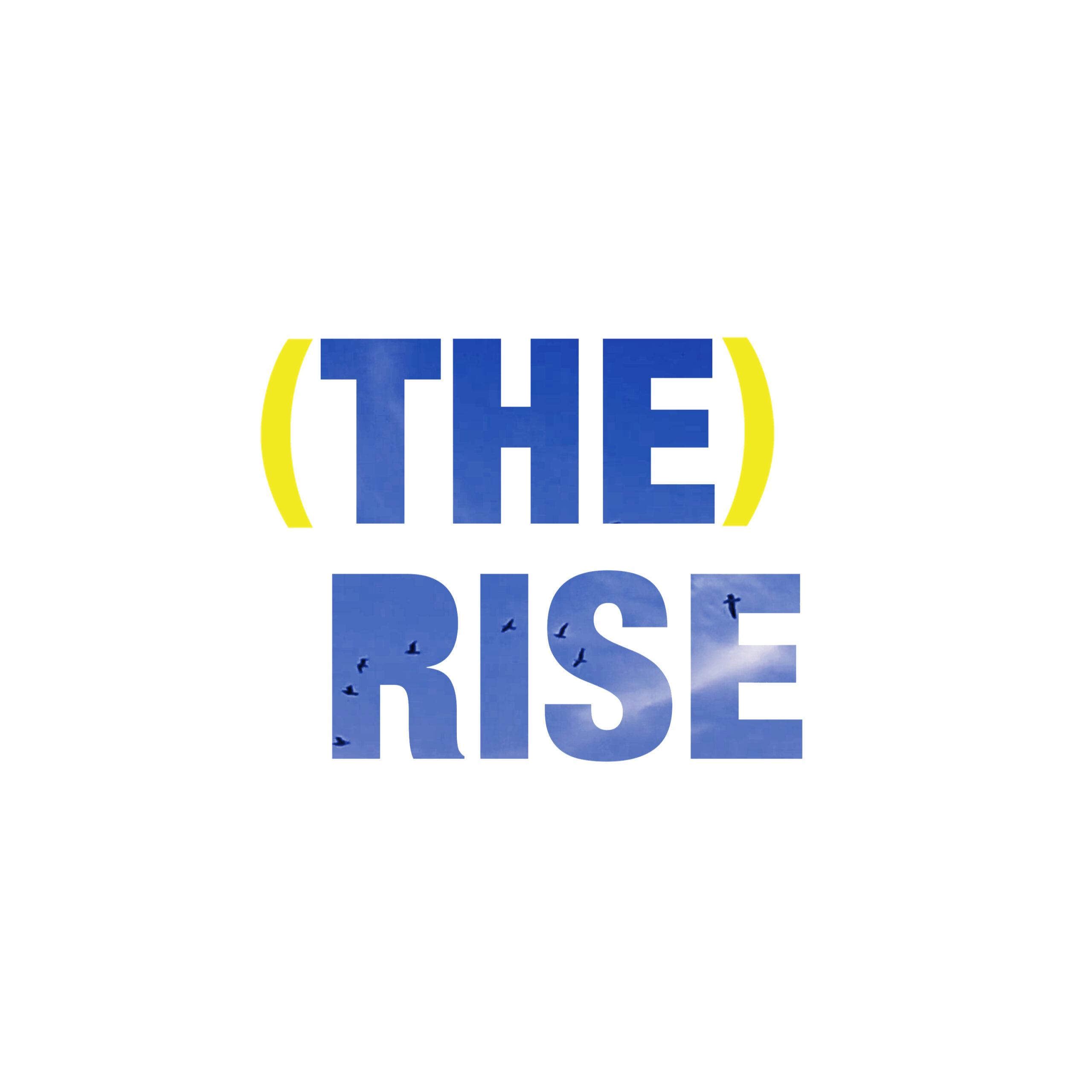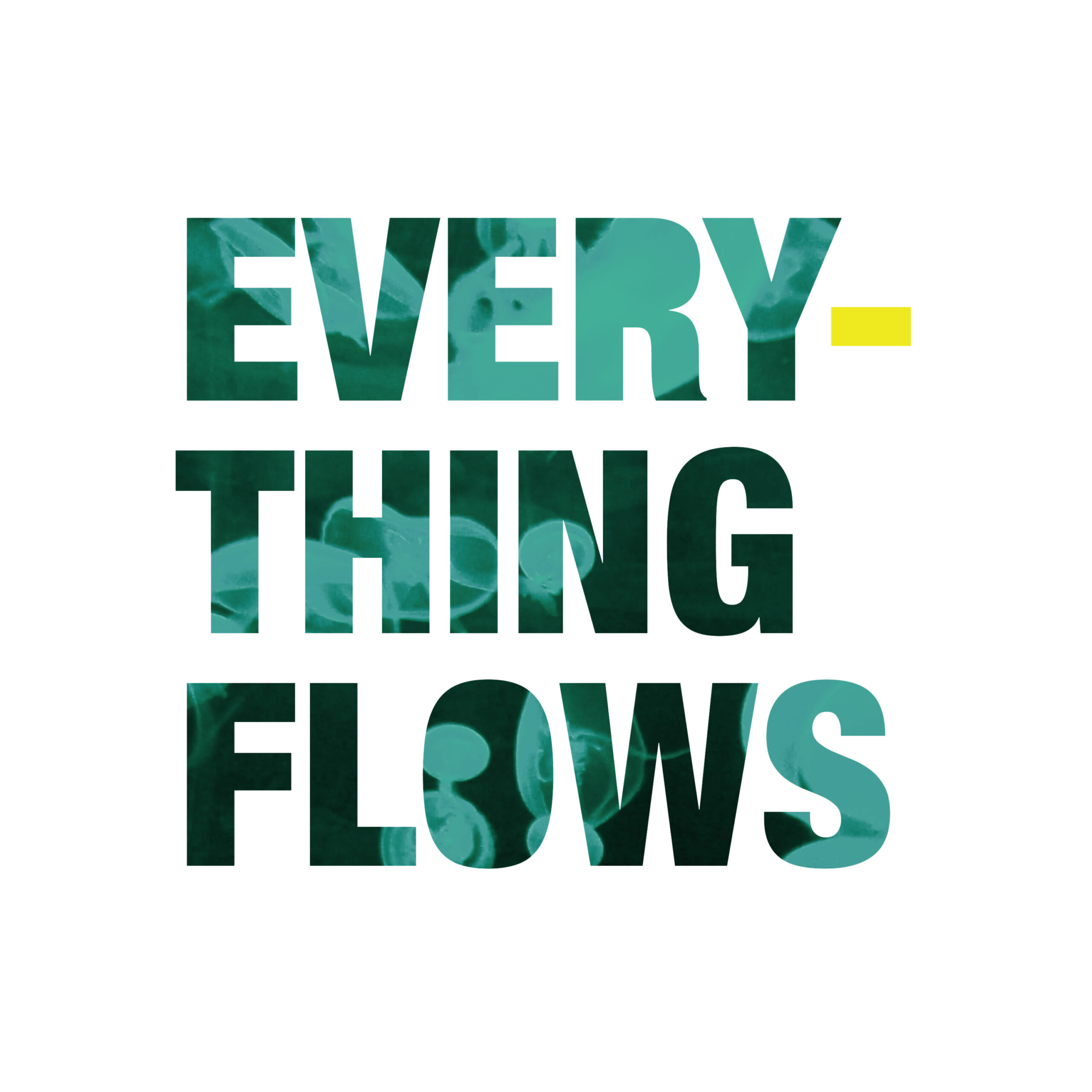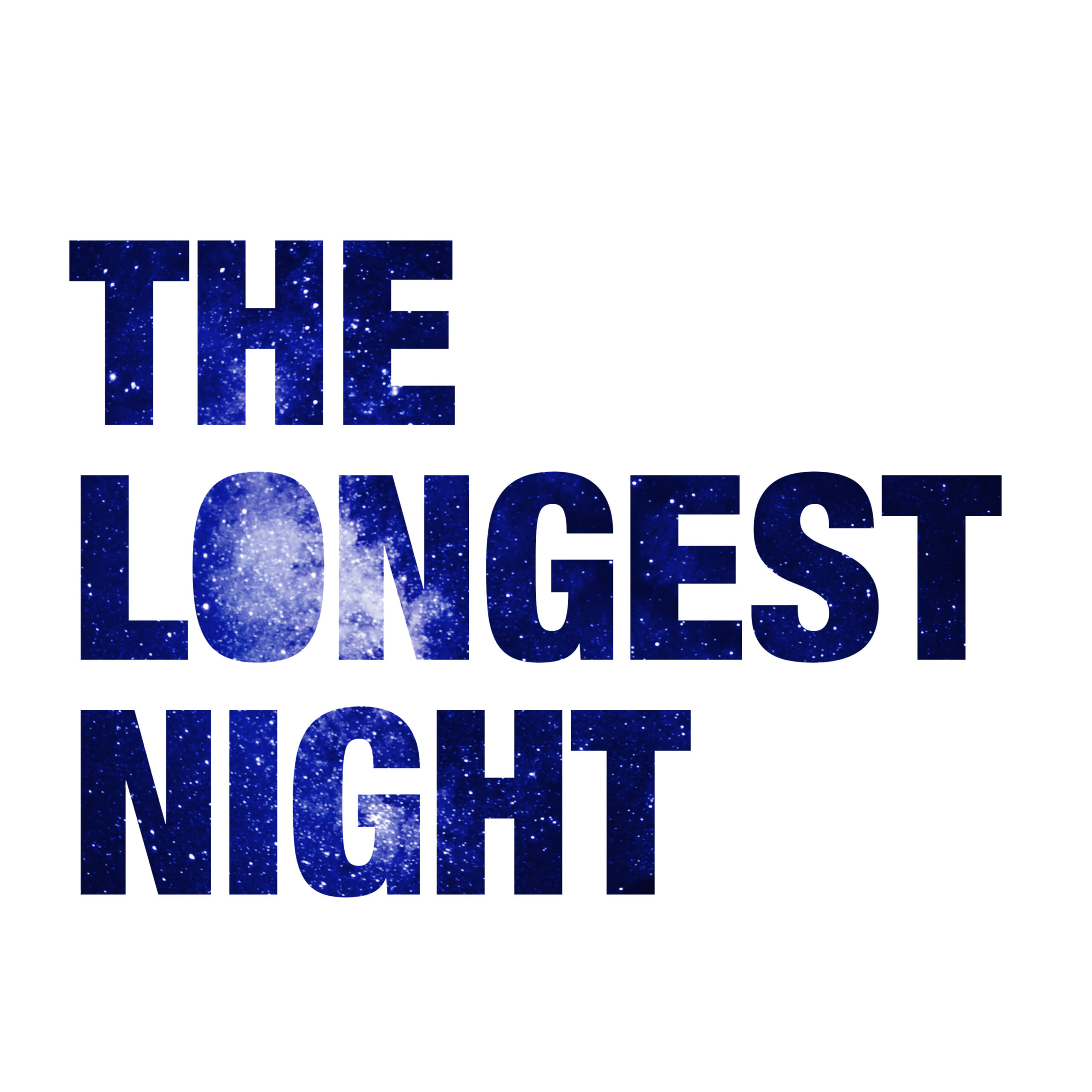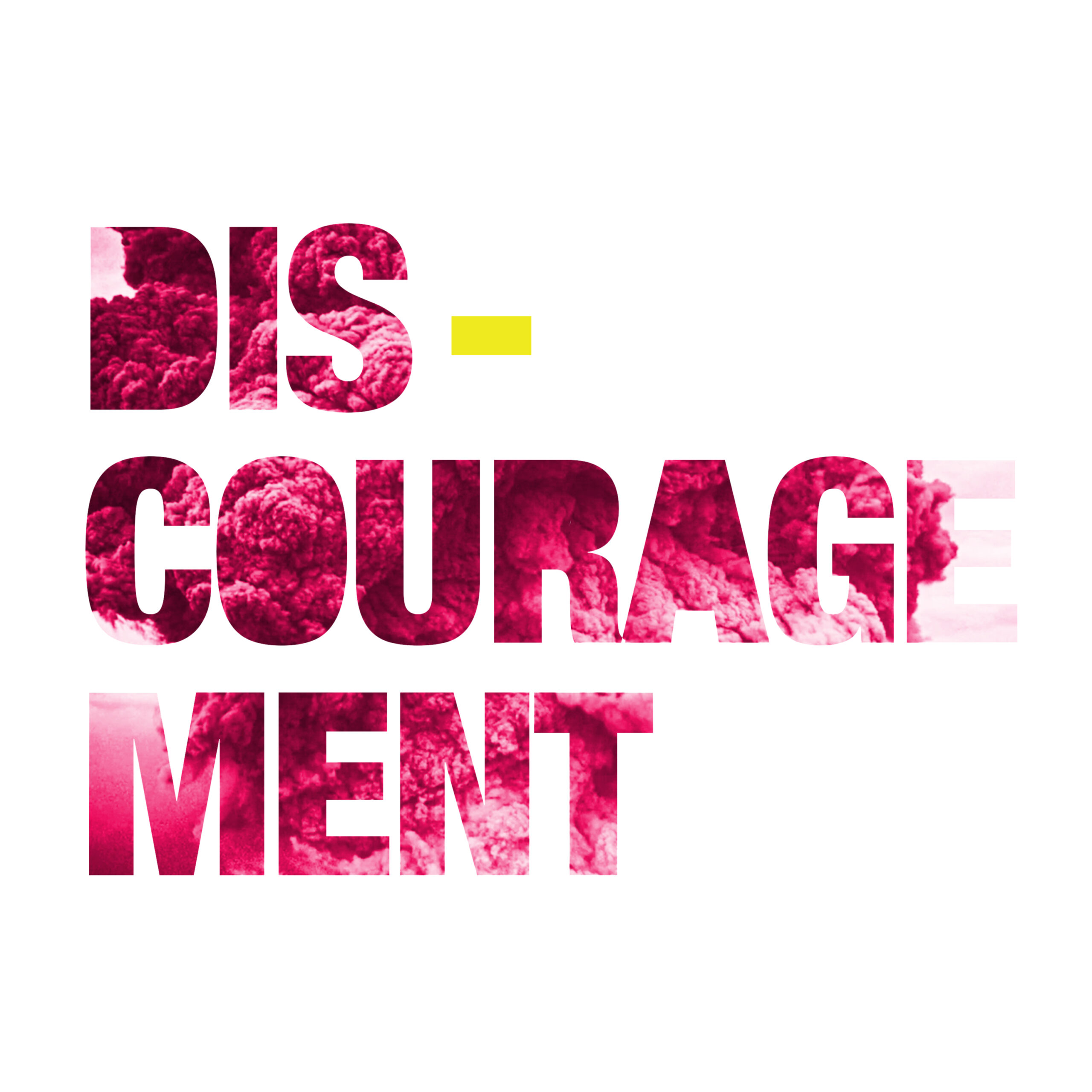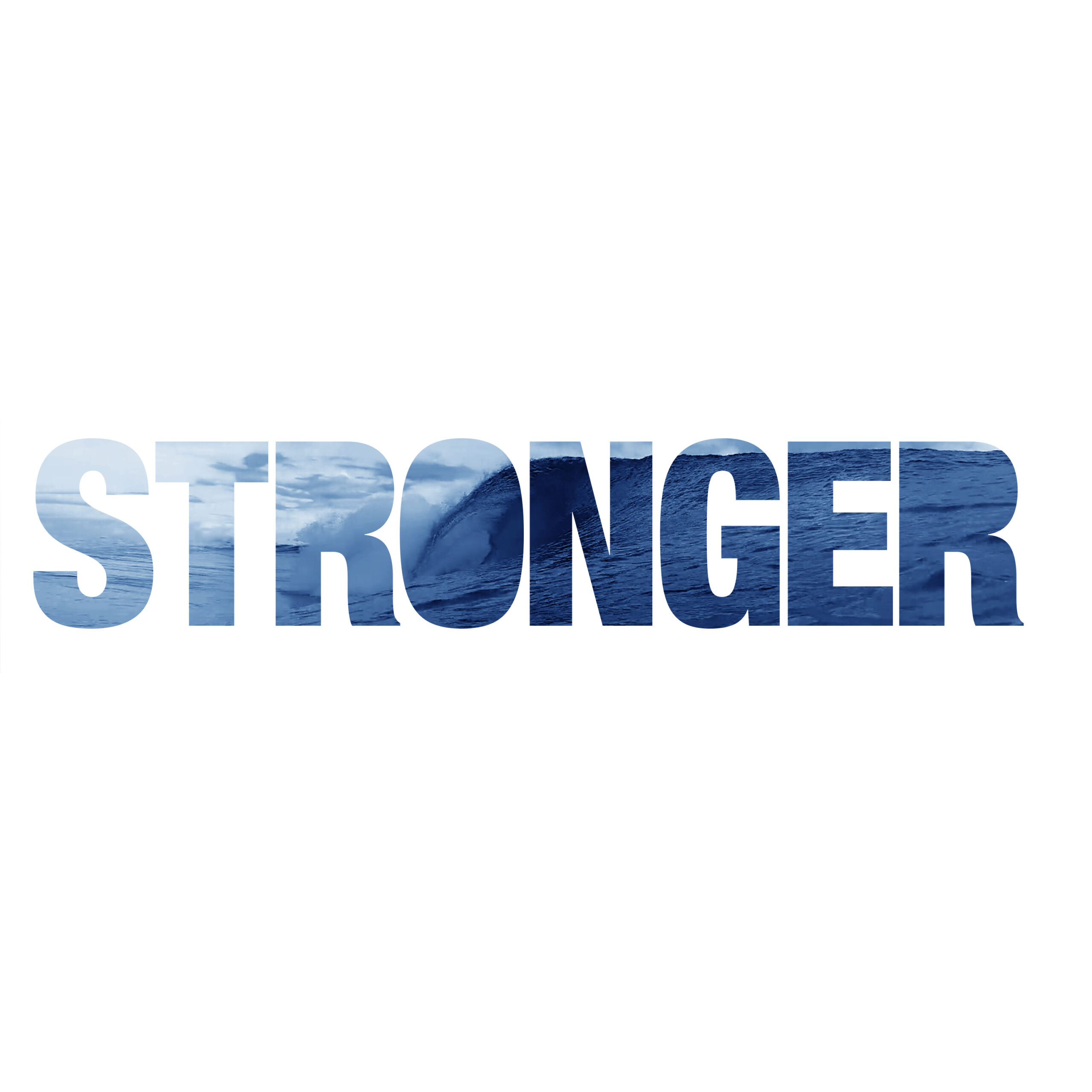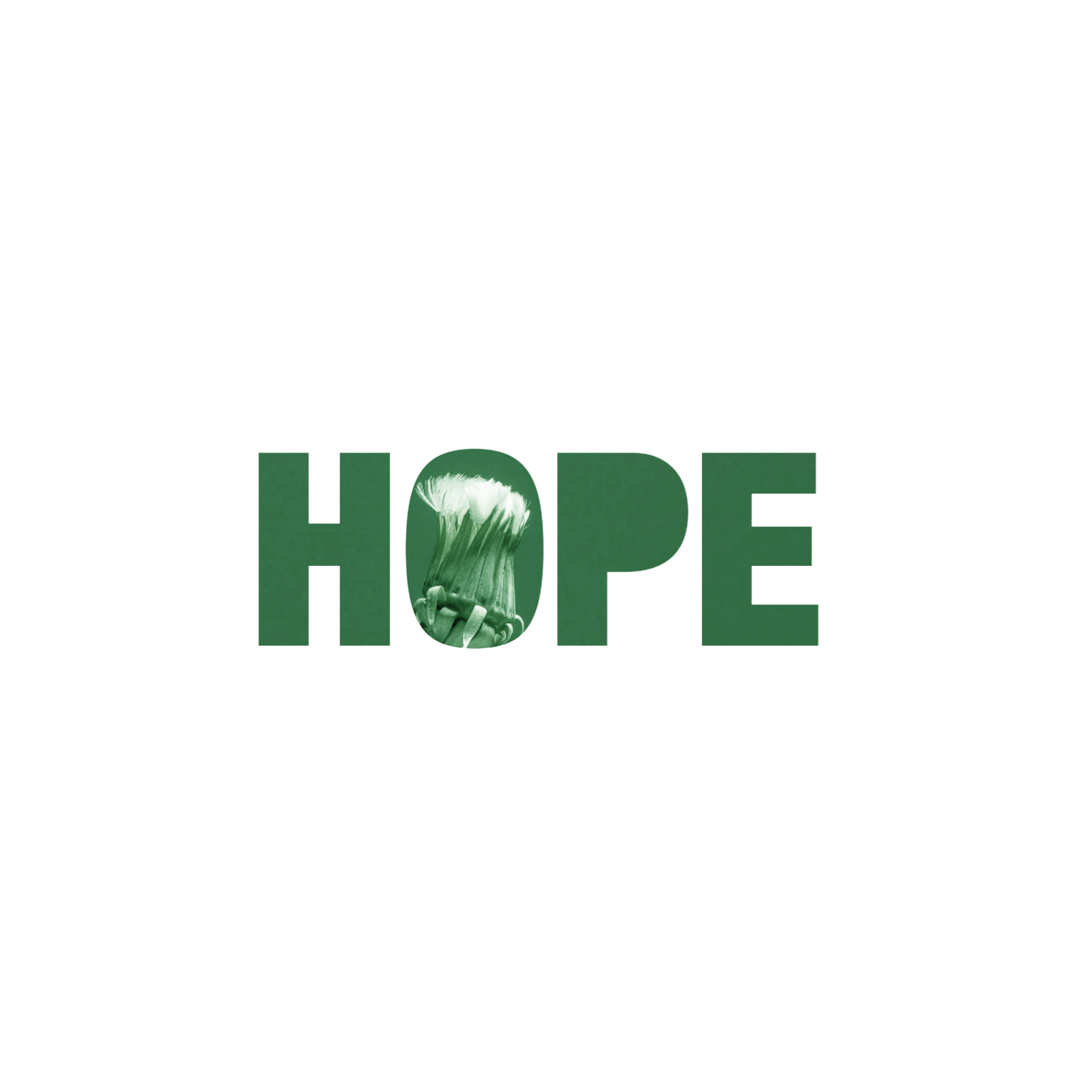Written during the first lockdown in March 2020 in Italy, inspired by the deep need to build a bridge between the inner self and the outer world, SPRING WILL COME is a diary composed not as music in the traditional way, but as a form of meditation and a cure. It provides a safe space for listeners to experience their own emotions and thoughts and pushes us toward attentive and patient listening, an essential tool for living a better and more fulfilling life.
Concept
On March 24, 2020, I started what I immediately described as a “kind of madness”: it had been only two weeks since the lockdown began and I decided to launch into a new musical diary inspired by that unusual and frightening situation. The plan was to write, learn, record and publish a piece every three days: a sort of “instant composing” done on an out-of-tune piano, with makeshift means – a single microphone, by the way, poorly suited for the purpose, and an amateur video camera – and, to ensure maximum authenticity and immediacy, without manipulation on the audio recordings, regardless of the inevitable imperfections and “all the noises of real life” that could not be avoided. It was necessary to take a step back, both as a composer and as a pianist, because the time frame I had given myself did not allow for too much sophistication or virtuosity. I realized almost immediately that this, far from being a limitation, opened up a new scenario: that of offering music at service, conceived not so much in a traditional way but as an aural space for listeners to feel safe and connect with their own emotions and thoughts. It serves as a form of meditation and, in a way, as a cure.
It was a deep need that pushed me toward this second album of mine, very different from RINASCITA, but, at times, it was also an exhausting journey: both physically, because, in a different way than usual, I wrote everything by hand, spending long hours all askew, bent over the piano almost to the conclusion of the compositional arc when I succumbed to fatigue and slowed down a bit; and emotionally, because alongside the courage, strength and hope on which I was trying to focus, there was also, and perhaps above all, fear, boredom and frustration. In retrospect, I can say that it was my way of building a bridge with my inner self and at the same time to the outside world, which I perceived as an elsewhere that was never as far away as it was then.
After almost three years, the close connection the pieces had with the terrible events of that period has obviously loosened, but its underlying purpose remains. In today’s world, overwhelmed by social media notifications, headlines, political crises, a changing climate, and a constant sense of impending catastrophe, the temptation to escape from reality has never been stronger. SPRING WILL COME invites us not to do so, to stay awake and in relationship with others, and to practice attentive and patient listening, an essential tool for living a better and more fulfilling life.
Track by track
Static chords prop up a glacial, unmoving fixity
In FROZEN static chords prop up a glacial, unmoving fixity, a musical metaphor meant to capture the feeling of a suspended world, petrified by uncertainty and fear, frozen by the upheavals we were helplessly witnessing. The unreal silence that suddenly enveloped us was so unusual, especially in cities, that it resonated as ominous because of the emptiness of meaning it suggested and because it unmistakably showed our loneliness: for too many years we had nurtured it, convinced to the point of self-harm by current narratives that joy and happiness were connected to the acquisition of something and forgetting how important others are. But since, as they say, “the darkest hour is the hour before the dawn, and only through the night can you reach the light” in that moment an extraordinary transformative opportunity opened up: in that silence, in that emptiness we could finally become aware of our deep needs and our relationships with others. We could rediscover the value of solidarity and cooperation, and understand that true well-being and happiness come not from having more and more, but from sharing and being part of a community.
An interminable waiting. Boredom. Frustration.
After the unmoving fixity of FROZEN, a musical metaphor of a suspended world, petrified by the upheavals we were helplessly witnessing, THE WAITING represents the interminable waiting that followed, with all its boredom and frustration. The severe limitation of social engagements, leisure activities, and travel compelled many of us to come to terms with this experience, normally shunned as much as possible because of the sense of dissatisfaction, annoyance, and sadness it caused us. Forced idleness made the passage of time seem pointless and vain, especially in light of societal expectations to always be active and productive in our professional lives and seeking new experiences and entertainment in our personal lives. However, boredom can be our mind and body’s way of alerting us that something is wrong in our lives and pushing us creatively in new directions of meaning; it allows us to take a break from daily distractions and focus on ourselves; it gives us an opportunity to reflect on what really matters; and it helps us discover new passions and interests. Boredom, especially when we feel stressed and overwhelmed by daily responsibilities, helps us to take a break, to slow down, to rest. And so, instead of always trying to avoid it, we can learn to accept it and use it to our advantage: when we feel bored, let’s try to look inside ourselves and find out what we need at that moment, and maybe we will be surprised to discover something new about ourselves.
Four variations evoke the cyclical nature of the seasons, inviting us to embrace change
The experience had with THE WAITING, with its boredom and frustration points toward the achievement of an auroral new awareness: SPRING WILL COME. Four variations of an echoing theme evoke the passing of the seasons – spring, summer, fall and winter, not necessarily in that order – their interconnection, their cyclical nature. The symbolism, without too much subtlety, expresses the certainty that, however negative a period in our lives may have been, it will pass. There is no escaping the wheel of time, and while it may seem frightening to us at times, it actually assures us that every ending represents nothing but a new beginning, inviting us to embrace change and look beyond the difficulties to a springtime of light, rebirth, and regeneration. SPRING WILL COME does not use magniloquent rhetoric and with its simplicity reminds us how crucial it is to value what is truly meaningful to us and what makes life worth living, without caring about superficial commonplaces that risk imprisoning us in a suffocating and unattainable ought-to-be and whose only effect is to make us feel constantly inadequate. In this sense, SPRING WILL COME is also a reminder not to forget the importance of the present, the here and now, to appreciate what we have and to enjoy the moments we spend with the people we love. Sometimes, however trivial, a sunrise or a sunset, the peacefulness of a walk or a child who stops crying is all it takes to make us happy. Let us look to the future with confidence, believe in ourselves, make sense of our lives with courage and determination!
A voice, barely audible, seeks its chant without finding it, in a swirling crescendo, a yet premature portent of the joy that will come
When I composed (THE) RISE in early April 2020, we were still in the middle of a lockdown and I wanted to express the desire to heal. If SPRING WILL COME represented the attainment of a new consciousness, (THE) RISE was a first premature attempt to realize it: from a cloud of sounds moving in an incessant crescendo emerges a voice, at first almost muffled and then increasingly clear, seeking a chant to symbolize the longed-for goal. The invitation was to focus on a spark of hope and to keep faith in a better future, despite the difficulties of the present; at the same time, it was an encouragement, just at a time when it was easy to feel overwhelmed by challenges, to create one’s own destiny, looking at the world with fresh eyes and thus empowering ourselves to be able to recognize the opportunities that present themselves. These days, if the news from Ukraine and Iran, among others, were not enough, hour after hour comes that of a frightening earthquake in Turkey with thousands of victims and people in the streets, and entire villages razed to the ground. It is normal to feel annihilated by sadness and anguish, yet never more important than in these moments to not look away from hope and confidence. It is extraordinary to observe the effort of the international community, already present with countless teams of volunteers, working to provide help and support to those in need, and I recall what I was writing online in the very days when I was releasing the first version of (THE) RISE: «[…] it’s too soon to cry victory, we must be patient and wait, confident that it might take time but, at some point along the line we will “Rise” again.»
You cannot descend twice in the same river and you cannot touch a mortal substance in the same state twice
(Heraclitus)
What in SPRING WILL COME had only been suggested through the evocation of the passing of the seasons with their interconnection and cyclicity, is revealed with explicit clarity in EVERYTHING FLOWS, a literal translation of the ancient adage attributed to the Greek philosopher Heraclitus: panta rhei (πάντα ῥεῖ). In his fragment “You cannot descend twice in the same river and you cannot touch a mortal substance in the same state twice […].” (91 Diels-Kranz) it is emphasized that the world is a perpetual stream in which everything flows, analogous to the current of a river whose waters are never the same. Everything is in flux because it is subject to time and transformation: that is why no human being can have the same experience twice, subject as he or she is to the inexorable law of change. When I wrote the piece, during the pandemic, this philosophy was a great comfort because it allowed me to identify, albeit ideally, a certain end to the emergency. Today I see a different side of it: if we understand to the core that nothing is ever stationary and unchanging inside or outside of us, that every moment is unique and unrepeatable and therefore precious, we are more easily led to live with greater intensity, to exist fully in the present, avoiding that constant and obsessive forward projection into a future that soon becomes unattainable, made up of goals that as soon as they are achieved are undermined by the next ones. Moreover, the metaphor of the flowing river suggests to us how laughable it is to try to stop it with our own hands, that is, how unfounded are the claims of reality control and consequently how important it is, on the contrary, to try to welcome what happens with serenity instead of fighting it: this does not mean taking a passive attitude in our lives but to free ourselves from those negative emotions that, if anything, prevent us from doing what is really good for us.
A dedication to those who are no longer with us; to doctors, nurses and all the people who take care of others.
I wrote the main theme of ANGELS on Mother’s Day in 2019: it was an immediate inspiration, a simple melody to which the ternary meter gave a lulling quality, a “tender little improvisation for my strong mother,” as I wrote in posting it. Instinctively I went back to this note when I felt the need to dedicate a piece to doctors, nurses and more generally to all those who in those difficult months of 2020 were putting their lives at the service of the community: and it was no accident to use that theme, because a mother, at least on an ideal level, embodies the deepest sense of caring for others. ANGELS seemed to me the most appropriate title, or at least it perfectly represented my feelings about that. Then a significant synchronicity occurred: just before releasing the video with the first performance as usual, I realized that I had unfortunately forgotten to focus the shot. At first, I was a little discouraged, because at that point I would have had to postpone the new recording until the next day. But then, that blurred image in front of me made me think that there were other angels to whom I wanted to dedicate this sixth chapter of my diary of a quarantine – that’s what I called it at the time: the many people who didn’t make it and who often had to spend their last hours in hospitals without the comfort of their loved ones. ANGELS, which began as a tribute to my mother, had transformed, first honoring those who had generously given themselves to others, then paying my last respects to those who were no longer with us.
Night falls, seemingly never ending, a melody gradually emerges, evoking a light that laboriously appears to us only to fade shortly after.
ANGELS’ connection to the themes of death and illness left a deep mark on me. In the meantime, the lockdown continued, and the daily bulletins continued with their grisly tally of victims and the sick, a dark kaleidoscope of information confusingly overlapping one another, loosening relations with reality, already weakened by weeks of lockdowns. It was as if everyone was out of breath, literally in hospital wards, and symbolically for those who were stuck at home in what seemed like an eternity. This is the atmosphere of THE LONGEST NIGHT, a song akin, almost a twin, both in themes and in some musical characteristics, to THE WAITING: at first there is like a sunset, represented by drops of sound moving downward from the high register of the instrument; then darkness takes over and everything loses its recognizability, we hear only time passing by with its somewhat indifferent pacing; at times we grasp a certain beauty, in the darkness the images of dreams come to life, and the silence allows us to listen to a world very different from the world of daylight; our gaze then turns to the stars with increasing persistence, and it comforts us to draw with them gradually larger figures while knowing that they are small constructions of meaning that belong to us alone; but it is only a moment, and we remain waiting for the dawn.
The most difficult moment: embracing suffering.
Throughout the journey so far, I have always maintained the need to use negative experiences to set in motion transformative processes that are important for our personal growth: and so in FROZEN the emptiness we had come into contact with became an opportunity to be aware of our deepest needs; in THE WAITING it was about accepting and using even boredom to our advantage; in (THE) RISE I emphasized how humanity sometimes brings out the best in itself in times of greatest difficulty. This is my prevalent sentiment: the presence of limits and evil, in all its forms, is unquestionable but in the face of it we still have the freedom to make our own choices. And it is often a choice to undergo or act on changes: personally, if we do not lack inner resources, it is essential to at least try to direct our efforts toward actions that will be beneficial for our lives. However, it is not always possible to do so, or at least not immediately. Sometimes suffering, that is, the state in which we experience some form of physical or mental/emotional pain, imposes itself as an ineradicable element, impossible to ignore or reframe; we feel overwhelmed and powerless in front of it, crushed and paralyzed by fear or anxiety, without energy. DISCOURAGEMENT, having gone through THE LONGEST NIGHT, represents the moments when we can only stop rejecting things as they are, remove the filters with which we read reality in an attempt to build protections, embrace the evil and discomfort that derive from it, without resisting but remaining open to it (surrender).
What does not kill me makes me stronger
(F. Nietzsche)
STRONGER is a mindset to overcome obstacles, a way to embrace, rather than resisting, challenges, and to use them as an incredible opportunity for learning.
STRONGER asks you to get all the petty concerns and annoyances into perspective, not letting them determine your well-being, and to focus on the positive aspects of your life.
STRONGER, today more than ever, after two years of Covid19 and a heartbreaking war exploded on the European borders, encourages us to value the negative experiences, to grow through them to greater levels of happiness and wisdom, and to be grateful: if you’re making yourself a better person, chances are, as naïve as it may sound, that you’re making the world a better place.
Not knowing when the dawn will come, I open every door
(Emily Dickinson)
When I posted the first recording of HOPE it was May 3, 2020: the next day the restrictions, after two interminable months, would finally be loosened. I wrote, «We will not go back to normal, but it is something… HOPE is the key word now, intended, however, as a dynamic process that emerges from the ruins and actively projects itself into the future, not expectation then but trustful action». It still took a long time, in fact, to go back to normal, and frankly today I wonder whether it makes sense to use this expression, which, after all, implies the idea of the pandemic as an expulsion from Eden, the breakdown of an initial state of substantial well-being, or more trivially the usual cliché of we were better off before. The immense tragedy of disease and death has not made our lives worse than it has revealed weaknesses and miseries already there. Nor, unfortunately, has it made us all that much better, as was repeatedly hoped for then: indeed, it is quite evident, today more than ever with a war that exploded a year ago in the heart of Europe, the inability to direct our destiny toward “the prodigy of life in peace, of life tuned to a lost harmony whose distant echo can comfort our hearts” (M. Zambrano). But a breach has opened, and a faint light has begun to illuminate areas once in shadow revealing the vast field of unrealized potential. This is not the confident waiting of a favorable event, a passive standing by, but confident action towards a goal: HOPE.
Credits
Music composed and performed by Paolo Cognetti
Recorded and Mixed by Filippo Rossi and Lawrence Fancelli at Officina Sonora del Bigallo
Mastered by Niccolò Caldini
Digital distribution: Distrokid
Artwork: Dashti Design Studio
Poems: Maria Ester Mastrogiovanni (MEM)
The power of human connection (and hugs)
The inspiring music video for my latest single for piano solo STRONGER was conceived and directed by Alessandro Valori (Sbranzo) and Andrea Cresci, and it is about the importance of human connection and cooperation.
At the beginning of the first lockdown in Italy, back in March 2020, I felt trapped: despite our culture tends to see people essentially as individuals, separate egos, free to relate to others or not, I do think we exist only as a relationship and process, and not being able to meet in person with my family and friends was undeniably frustrating. Music was how I embarked on a journey to a new inner balance and how I was able to reach out to people: I started composing what eventually became Spring Will Come and I shared all the pieces right away online with performances recorded on my piano at home. Music was my way out, what let me reconnect with my inner self and relate to the outside world during the lockdown, and ultimately what made my life richer, more intense, and meaningful.
The music video for STRONGER is a symbolic representation of this process: first, all the discouragement, the discomfort, and the distress of an unpleasant situation; then, thanks to the beautiful choreography and performance of the dancers Victoria Aletta and Gabriele Memoli, we see two characters looking for one another until, after a few failed attempts, they can finally meet (again) and enjoy a long-awaited hug.
The video was shot in the Wayout Studios, a photographic studio in the center of Firenze (Italy), and in the Tenuta Monaciano in the heart of Tuscany between the Chianti hills, an ancient manor house recently restored in its former glory and surrounded by secular trees and marble statues.
Credits
Directed by Alessandro Valori (Sbranzo)
Storyline by Andrea Cresci and Alessandro Valori (Sbranzo)
Dancers: Victoria Aletta and Gabriele Memoli
Produced by Wos Up
Fashion Stylist: Francesca Bertini
Makeup Artist: Silvia Gerzeli
Light Equipment Service by Wayout Studios
Special Thanks: Nicole Bono, Laura Nicolelli Fulgenzi, Tenuta di Monaciano and Staff
A day at Cicaleto Recording Studio
A year after composing and recording my second solo piano album SPRING WILL COME, I felt the desire to offer a new perspective on the pieces, one that would recover the spontaneity and naturalness that had originally characterized them. So, I decided to spend a day with Francesco Ponticelli at the Cicaleto Recording Studio, a historic eighteenth-century home immersed in the peace and beauty of nature, just minutes from the center of the city of Arezzo, in the heart of Tuscany. Inspired by the place and its atmosphere, I recorded all the tracks in a row and without any editing, trying to capture the essence and emotion of a live performance. To further foster the sense of an immersive and engaging experience, I asked Arianna Fiandrini and Mauro Magrini of Visualcam Production to create a video of the entire experience.
Credits
Directed by Arianna Fiandrini
Gimbal: Mauro Magrini
Recorded, Mixed and Mastered at Cicaleto Recording Studio by Francesco Ponticelli


